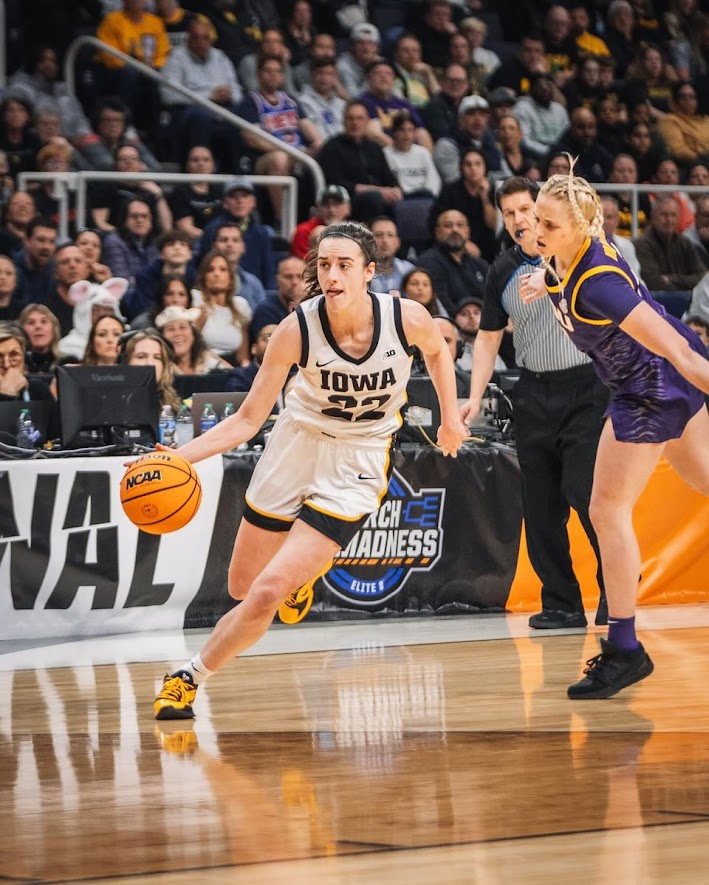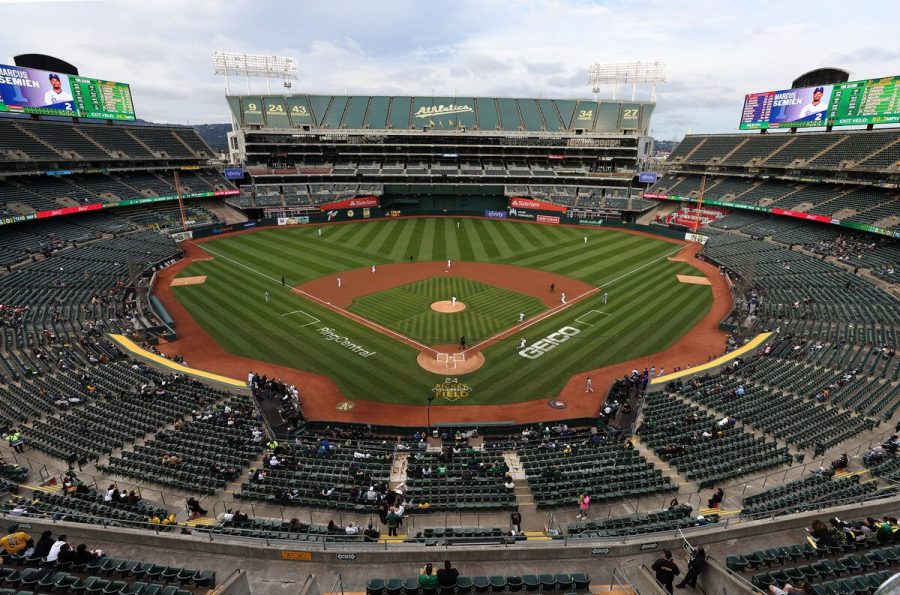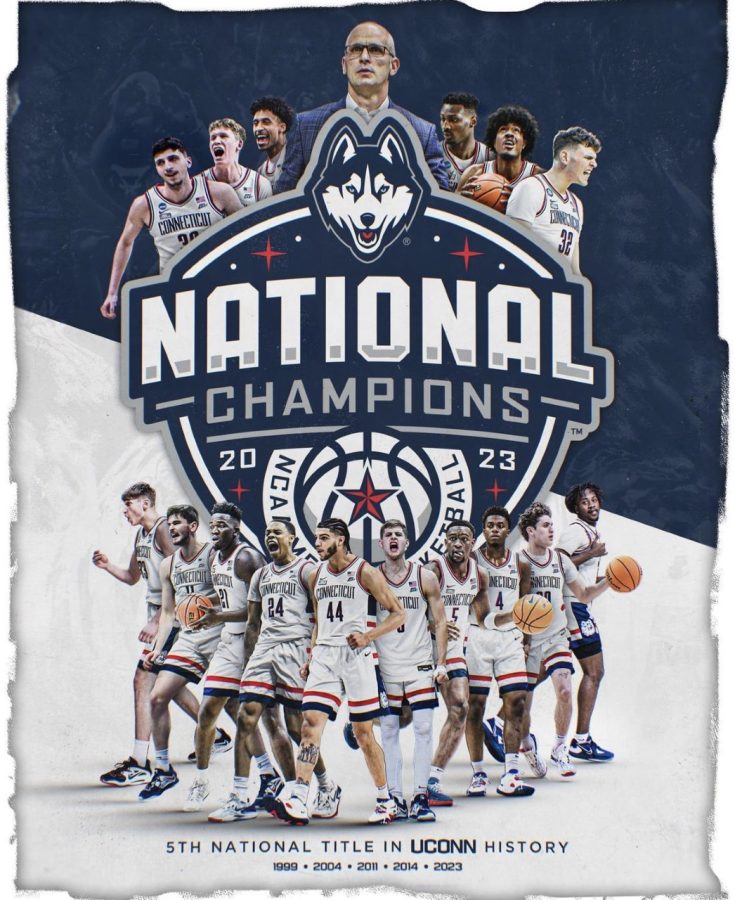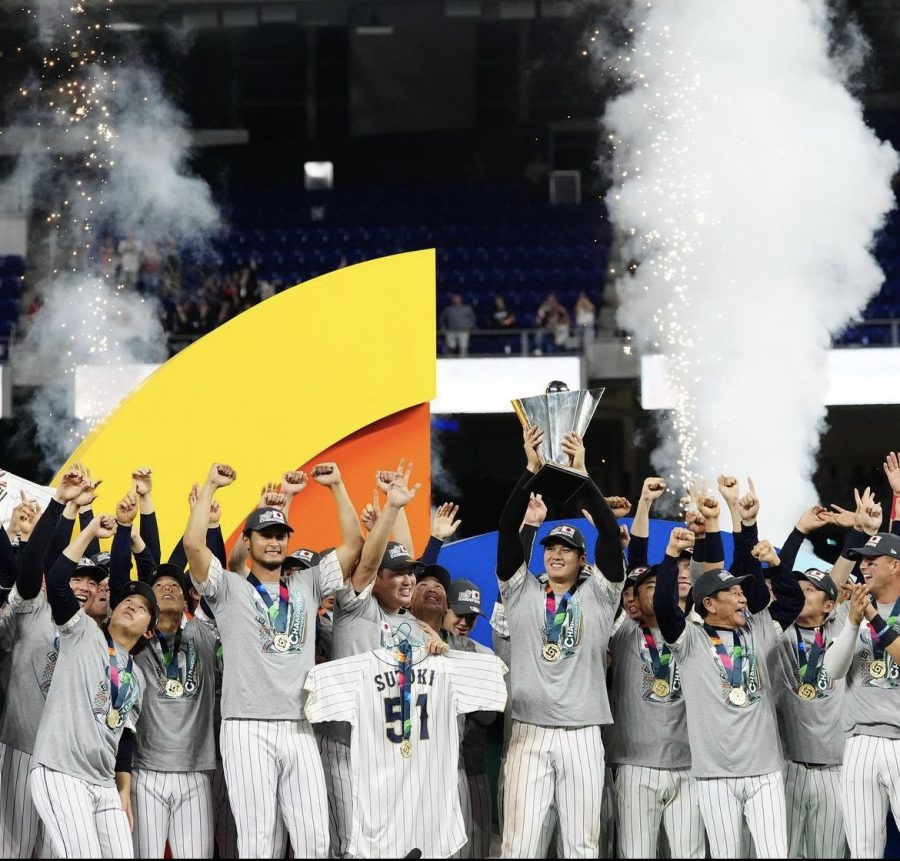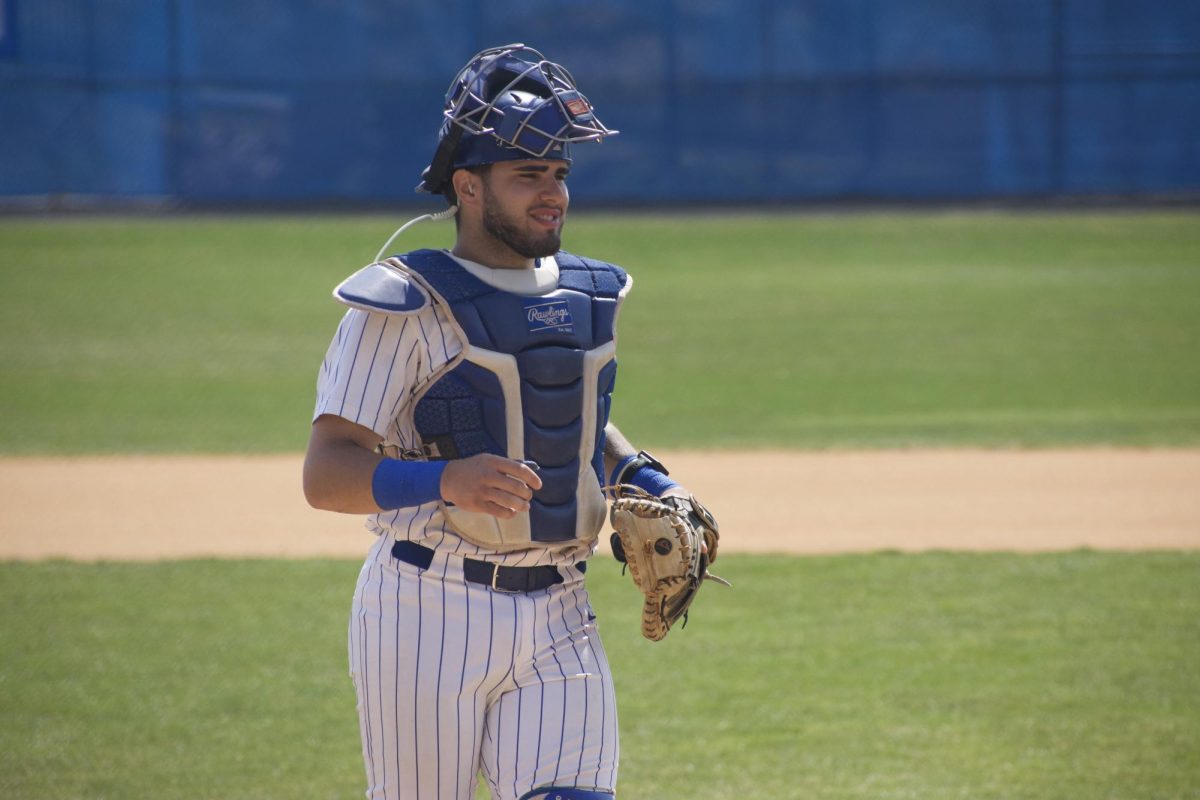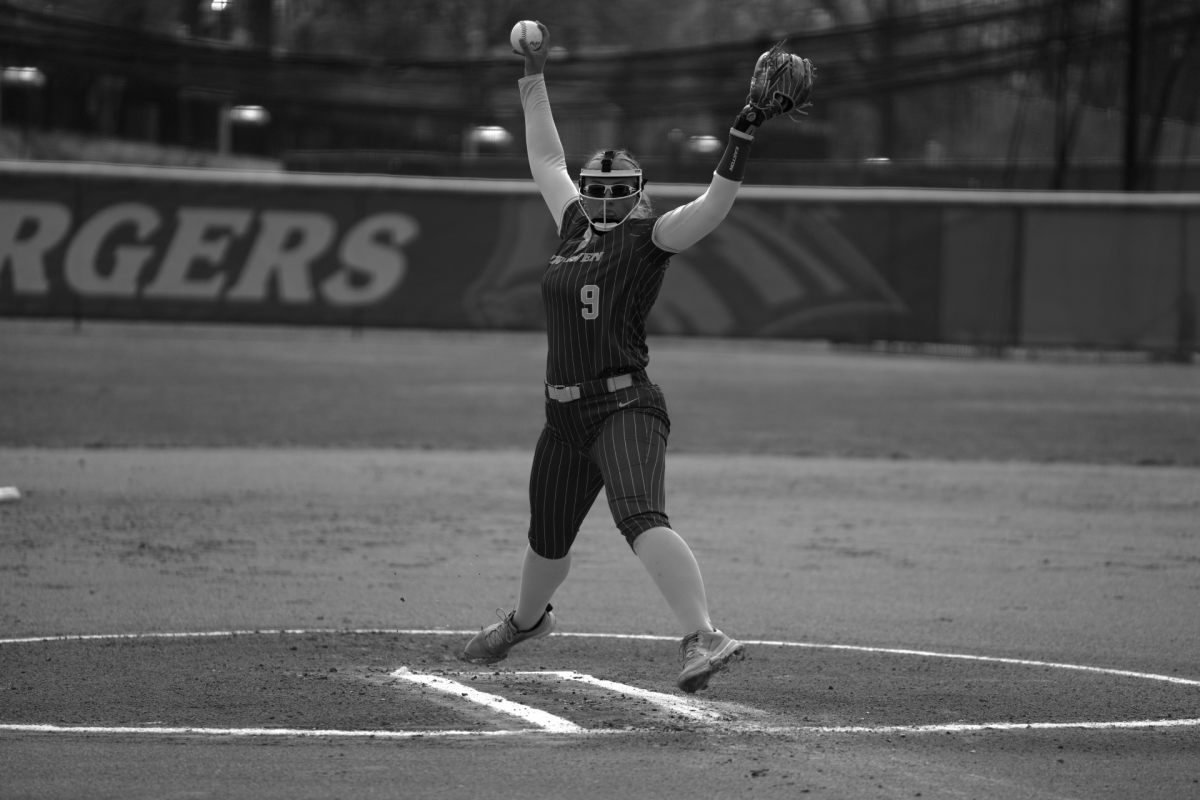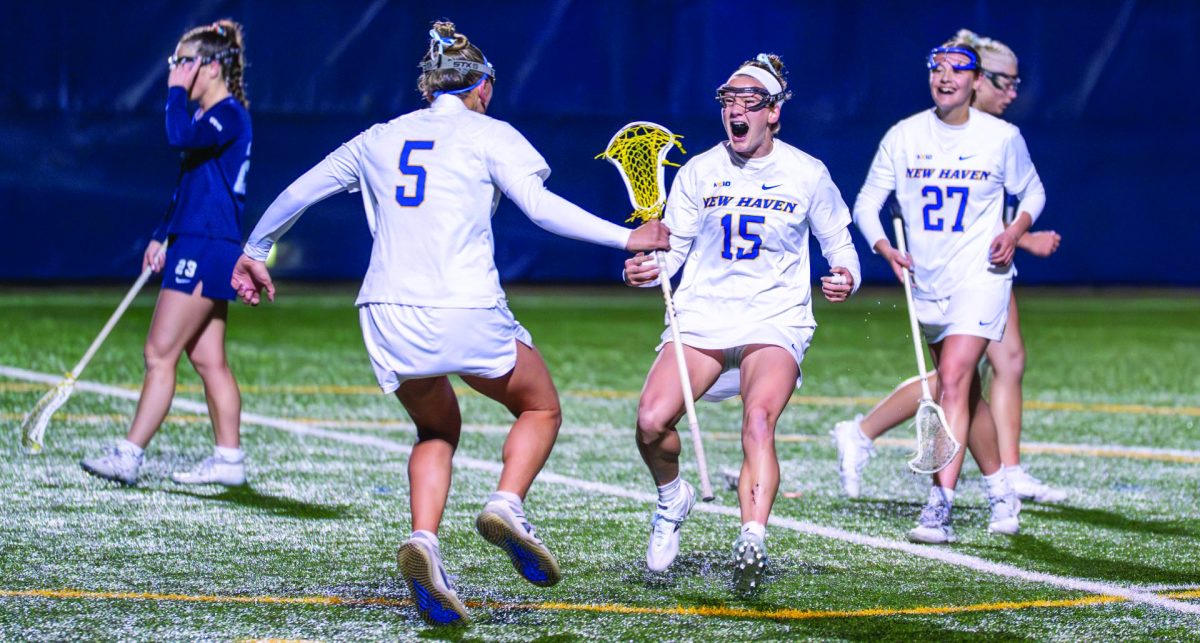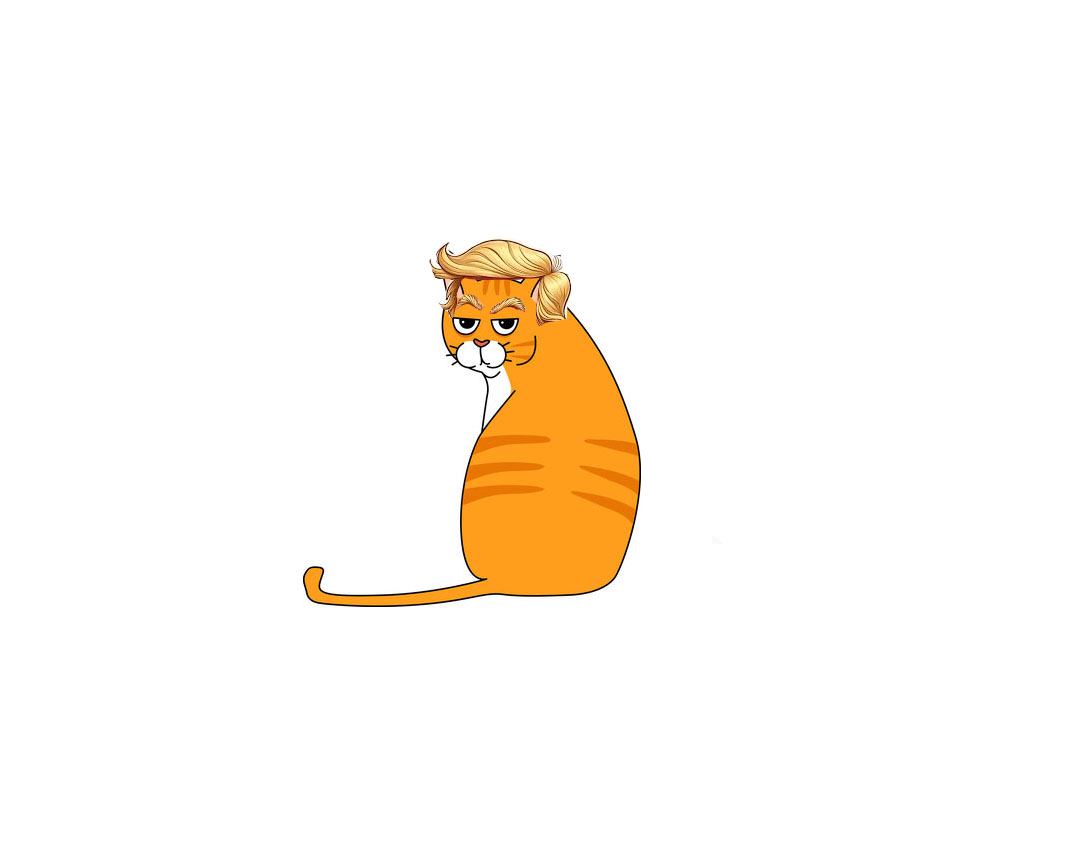NEW YORK (AP) — NBA players have until Wednesday to accept Commissioner David Stern’s latest offer, though the response already seems obvious.
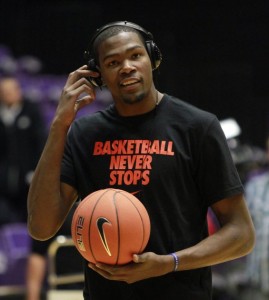
“Right now, we’ve been given the ultimatum, and our answer is that’s not acceptable to us,” union president Derek Fisher said.
But the next proposal promises to be worse, surely moving players and owners even further apart and threatening to destroy the season.
Early Sunday morning, the league said it offered players up to 51 percent of basketball-related income — a figure the union insists is fiction. Regardless, it will drop to 47 percent Wednesday if players don’t accept the current offer by the league-imposed deadline.
No agreement by the deadline likely will trigger more calls to disband the union and take on the league in court, a battle that would take months.
“It’s fair to say that there are some who believe a vote to decertify is a vote to end the season,” said a person familiar with the owners’ thinking who spoke to The Associated Press on the condition of anonymity because of the sensitivity of the talks. “The owners are hopeful that the players have a chance to vote on what is on the table, what’s proposed now, because no one knows what happens next.”
Players don’t seem eager to act quickly.
“These are professional basketball players, the finest athletes in the world. How do you think they feel about threats? How do you think they feel about efforts at intimidation?” attorney Jeffrey Kessler said.
Fisher and Kessler said the league’s time-sensitive deal — Stern refused to call it an ultimatum — came near the conclusion of Saturday’s talks.
At a charity basketball game in Portland, Ore., on Sunday night, Kevin Durant expressed frustration with the stalemate.
“Sickening, man, just sickening,” the Oklahoma City star said. “Us, as players, we sacrificed, we gave up money, we did what we had to do, now it’s up to the owners, and it looks like they’re not going to give in. At this point now, it’s starting to get bad, because we’ve done all we can do, I think. They’re trying to pressure us and back us in a corner. If they’re going to do that, it’s not fair. We’re going to stand firm.”
The sides had hoped they could complete a deal this weekend with the help of federal mediator George Cohen. He released a statement Sunday commending the parties for “their willingness to examine solutions to their current dispute” and offering to assist in the future.
Although the revenue gap has narrowed, the sides are at a standstill on the system issues players insist are just as important.
The union believes the league’s proposals to increase luxury tax penalties, and eliminate or reduce some spending options, essentially would prevent the biggest-spending teams from being free agent options. A “repeater tax” would further punish teams that were taxpayers a fourth time in a five-year span, and players fear the penalty that awaits teams who receive money from the tax pool but suddenly take on salary and go into the tax would discourage spending.
“The big story here is they want it all,” Kessler said. “They want the system where taxpayers will never be in the marketplace, and that for repeat taxpayers it’s going to be like a hard salary cap. And those deals are not acceptable for players today; it’s not acceptable for future generations of players. I said, this is an example of they want a win, win, win, win. We wanted to compromise. They’re not giving the players a lot of choice.”
Though each side claimed credit for economic moves, it appears there was little to no progress.
Stern said the league proposed a band where players could earn anywhere from 49 percent to 51 percent of BRI, based on revenue growth. Union officials said there was almost no way they could get to the ceiling, leaving them right at the 50-50 split owners have said they wouldn’t go past.
Players added they were the ones who were willing to reduce their guarantee down to 51 percent, with 1 percent of that going into a fund for retired player benefits, a move one person familiar with their thinking said was made in hopes of “preserving some of a system that’s already being gutted.”
Stern said he believed he could get owners to pass the current proposal, even though some hard-liners would prefer a 53-47 split in their favor immediately. That would be in the next proposal, along with a call for a flex salary cap, which players rejected in June before the lockout began.
But Stern said they’re ready to go with the one that was put on the table Sunday.
“Well, they certainly would come closer than our current system,” he said. “They’re, I think, the best we could do at this time. So we’re prepared to live by them if they’re accepted by the players.”
With the union unwilling to take the latest proposal to its members for a vote, both sides also must be prepared to live with the real possibility of the loss of more games and possibly the season.




